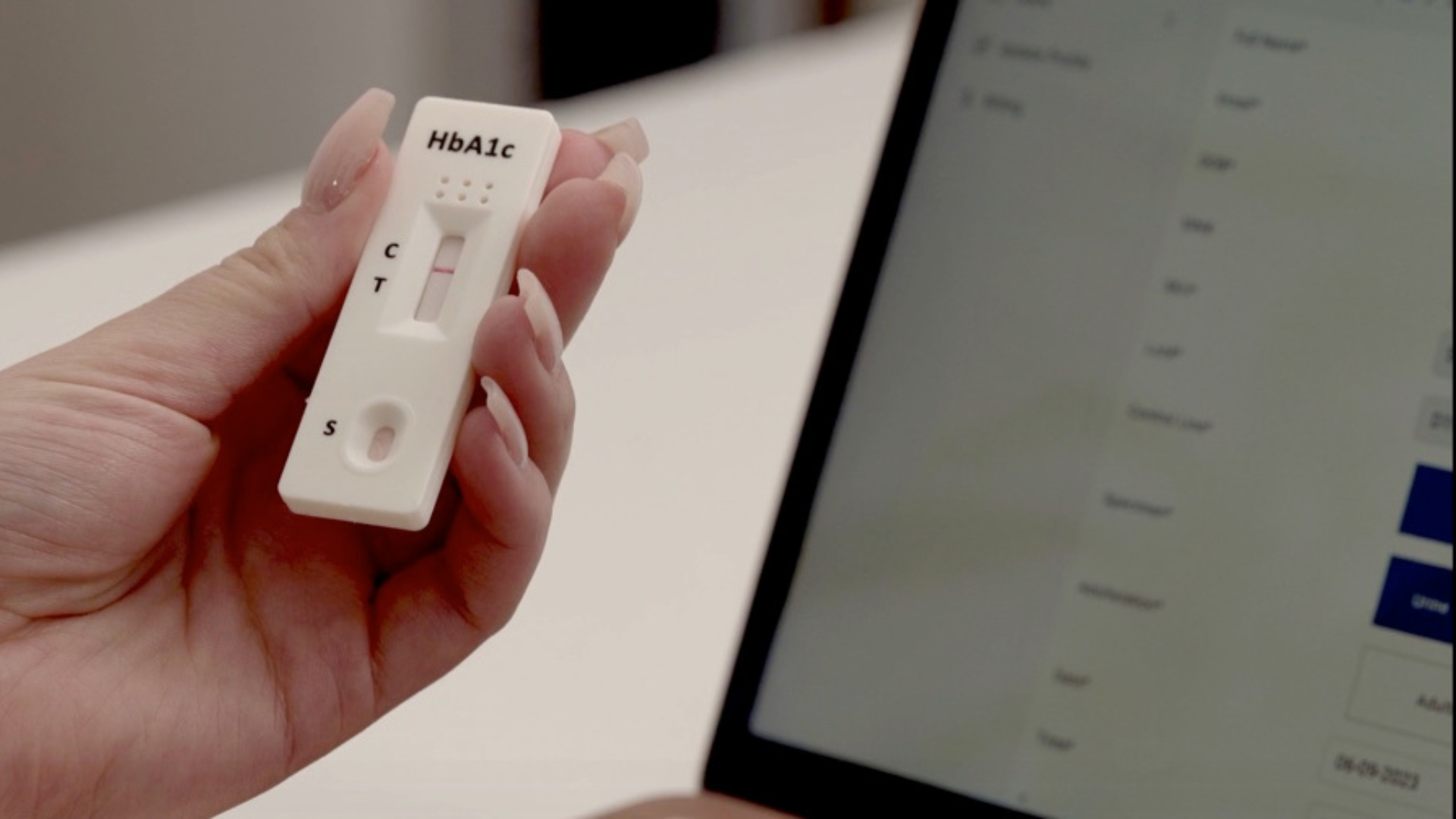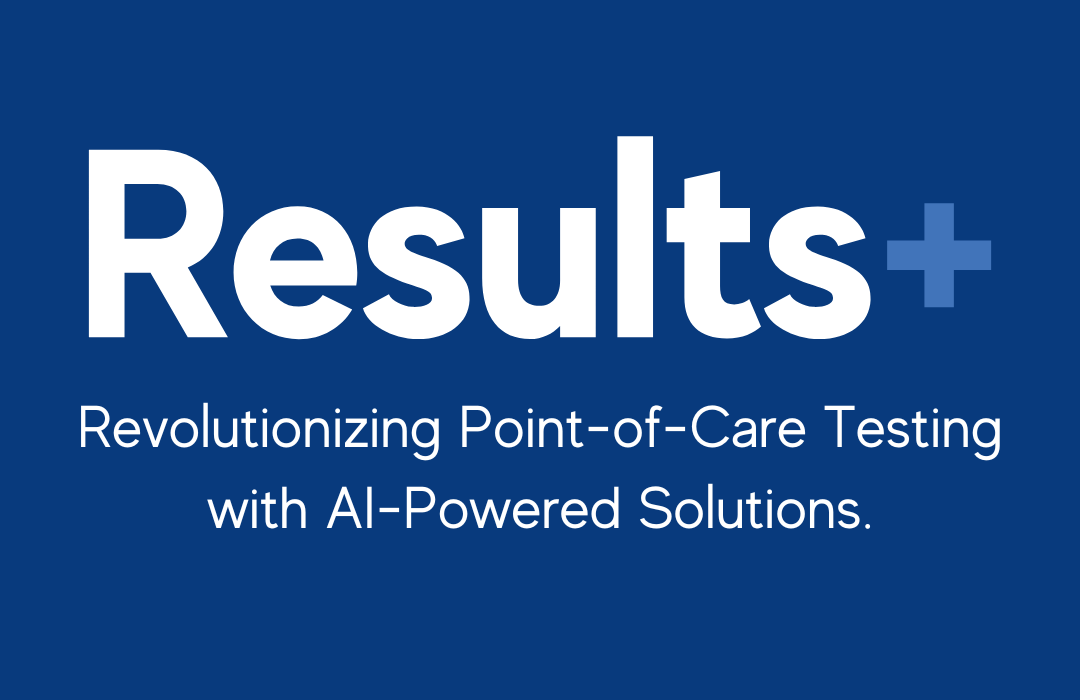AI Healthcare: Smarter Diagnostics for Better Global Health
Artificial Intelligence (AI) is transforming healthcare, and it’s about more than just self-driving cars or ChatGPT prompts—it’s solving real-world challenges. From empowering healthcare providers in under-served communities to improving speed, accuracy, and affordability in diagnostics, AI is reshaping patient care. Let’s explore how AI in healthcare, combined with Point-of-Care Testing (POCT), is tackling disease prevention, resource allocation, and clinical decision-making while advancing global health equity.

1. Preventing Diseases in Remote and Underserved Areas
AI is revolutionizing more than just diagnostics—it’s helping prevent diseases before they spread. By leveraging machine learning to detect health risks like bacterial contamination in water or air pollution trends, AI enables proactive interventions. For example:
- Environmental Monitoring: Sensors powered by AI can track water and air quality, flagging potential hazards in rural areas before they impact public health.
- Health Behavior Analysis: AI can analyze physical environments and suggest community-level changes that encourage healthier lifestyles.
While AI offers incredible potential, equitable access remains a challenge. To truly support healthcare providers in underserved areas, AI tools must be both affordable and scalable.
2. AI-Powered Smarter Resource Allocation
In resource-limited settings, maximizing every dollar, piece of equipment, and healthcare worker is crucial. AI optimizes resource allocation, ensuring underserved regions receive the support they need.
- Case in Brazil: AI analyzed government data to strategically allocate health resources to areas with the greatest challenges.
- South Africa’s Model: Machine learning predicted how long health workers would remain in underserved communities, helping planners better staff rural clinics.
These examples highlight how AI healthcare enhances efficiency and equity, but they also underscore concerns about data bias. Achieving fair resource allocation requires collaboration between governments, healthcare providers, and technology developers.
3. Enhancing Clinical Decision-Making in Critical Areas
One of AI’s most impactful applications is improving clinical decision-making, especially in regions with limited medical expertise. Imagine a rural clinic without a lab or specialist—AI-powered POCT devices can:
- Conduct disease screening (e.g., malaria, RSV, COVID-19, or influenza) and interpret results in seconds, allowing for immediate treatment.
- Flag high-risk pregnancies or chronic conditions using combined patient data and test results.
*This doesn’t replace the judgment of trained clinicians but gives practitioners better tools to make informed decisions. However, trust is key: building confidence in AI technology among both providers and patients will be essential for adoption.

Results+: AI-Powered Efficiency in Diagnostics
At Spectrum MDX, we harness the power of AI healthcare through Results+, our advanced Patient Data Management System. Results+ seamlessly integrates POCT test results, organizes patient data, and delivers real-time, actionable insights for better clinical decision-making.
Our goal? To make healthcare more accessible, efficient, and equitable, especially for practitioners working in challenging environments. By simplifying workflows and supporting day-to-day clinical functions, Results+ ensures that healthcare providers can focus on what matters most: their patients.
Ready to see how AI can transform your practice? Contact us to learn more about how our AI solutions integrate with point-of-care tests to make diagnostics smarter and more accessible.
